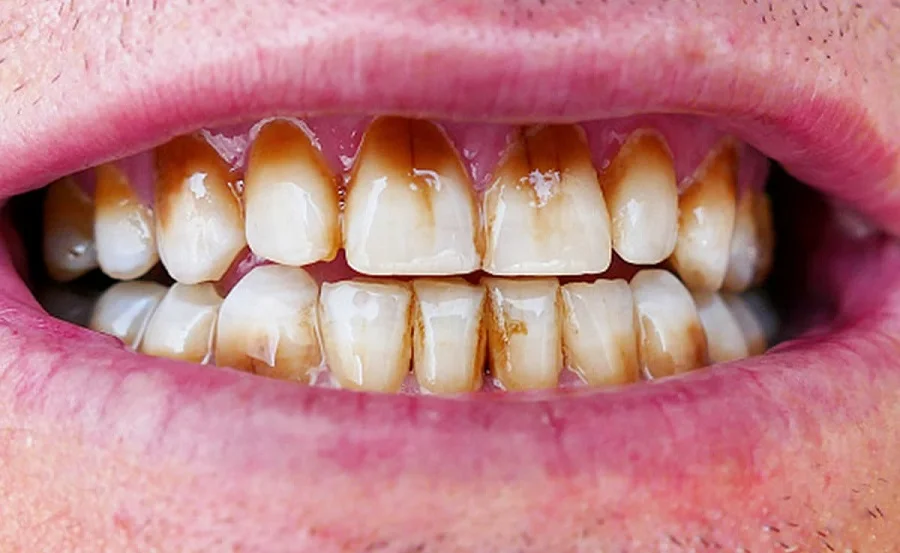Read this news before taking a dip in stagnant lakes, there is a risk of this disease
- bySherya
- 18 Feb, 2025

Bacterial Pneumonia: Who doesn't like swimming or taking a dip in a lake, but first check whether it is stagnant water or not? Because this can cause bacterial pneumonia.

Swimming in lakes with still waters: Whenever we go on a tour, we do not forget to enjoy boating or swimming in the lake, but now we should be cautious about this. Swimming in some lakes with stagnant water can cause infection with a bacteria called 'Legionella', which can cause pneumonia - a team of researchers said on Tuesday and asked people who swim in open water to be alert to this danger.
Why are Legionella bacteria dangerous?
Also known as Legionnaires' disease, infection with Legionella causes serious lung inflammation that can lead to fever, chills, feeling unwell, chest pain, cough, fatigue, shortness of breath and sometimes diarrhea.
"Legionella infection is a public health hazard because it has the ability to spread through contact with natural water bodies and human-made reservoirs," said Dr. Ashley Bryson, internal medicine resident at the University of Manitoba.
Be careful in such places
In an article published in the Canadian Medical Association Journal, experts explained that Legionella bacteria thrive in plumbing systems, air conditioners, public spas and even in warm, stagnant water of lakes and rivers. Being over 50 years of age, a history of smoking, chronic heart or kidney disease, diabetes and a weakened immune system are the main risk factors for Legionnaires' disease.
What should doctors look for?
"Clinicians should consider Legionnaires' disease in patients with pneumonia who do not resolve despite the use of broad-spectrum antibiotics, particularly if the pneumonia is severe, occurs in immunocompromised patients or those with a recent travel history, or when only antimicrobial drugs without activity against atypical pathogens have been given," the researchers advised.
They noted that testing for Legionnaires' disease should be performed when patients do not respond well to outpatient antibiotic treatment for community-acquired pneumonia; in those with severe pneumonia, particularly those requiring intensive care.
Who needs to be tested?
People with weakened immunity; People with travel history within 14 days of symptom onset; People with hospital-acquired pneumonia who are admitted to hospital should also be tested for Legionnaires' disease. Symptoms usually appear within 2-14 days of exposure but can persist for weeks.
Disclaimer: Dear reader, thank you for reading this news. This news has been written only to make you aware. We have taken the help of home remedies and general information in writing this. If you read anything related to your health anywhere, then definitely consult a doctor before adopting it.






